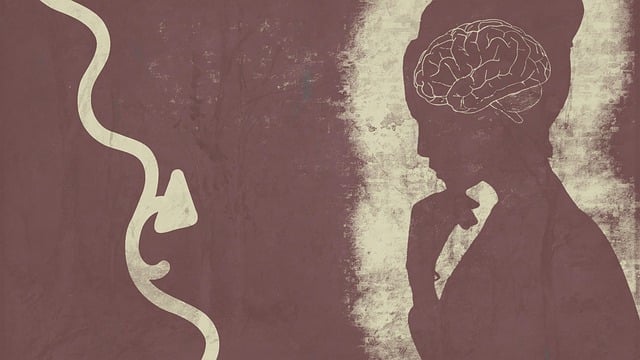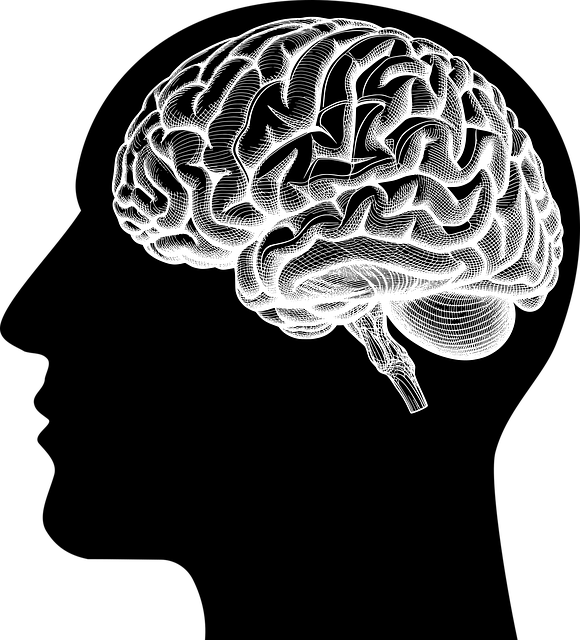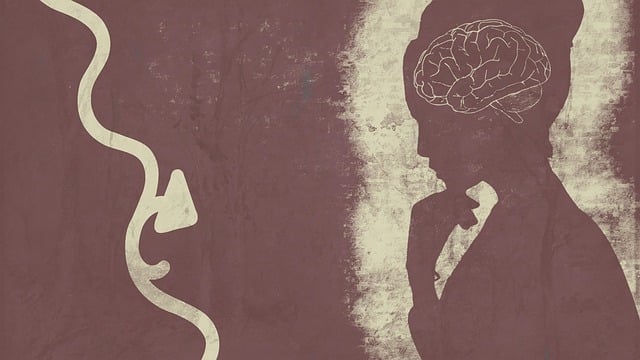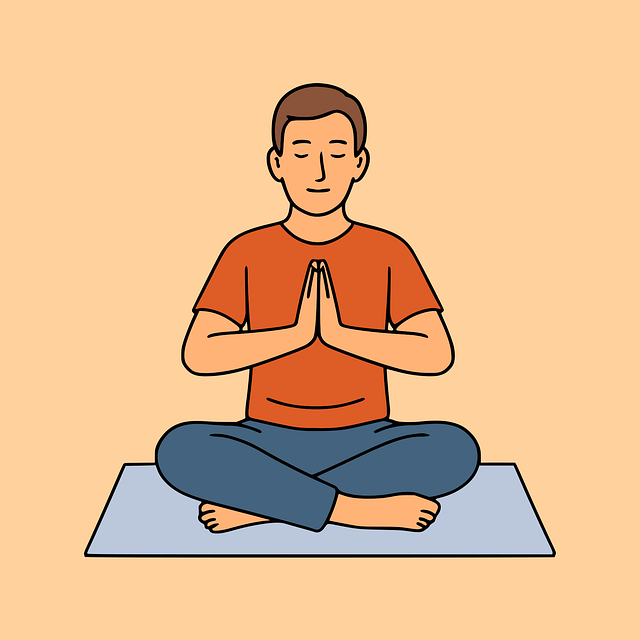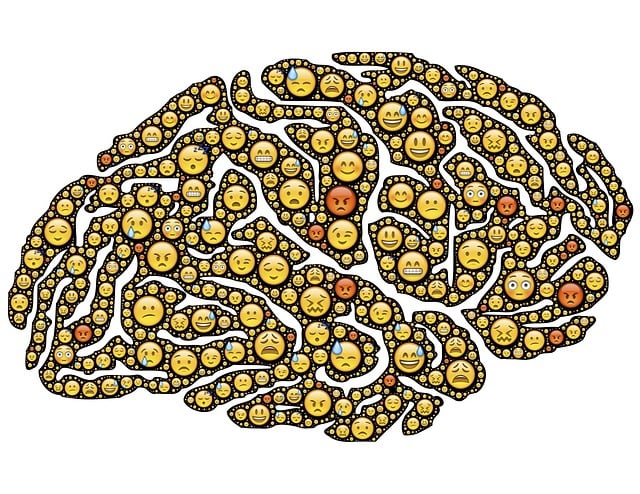Elderly Russian speakers often face unique challenges, including cultural barriers, language differences, and isolation, hindering their mental health and social connections. Therapy for Elders Russian Speaking provides tailored stress reduction methods, social skills training, and encouragement for self-care routines to combat loneliness and improve quality of life. This culturally sensitive approach breaks down barriers through empathy building, fostering community and open conversations about mental health. Effective self-care strategies preserve well-being, especially in healthcare settings, where cultural and linguistic considerations are crucial.
Self-care is an essential aspect of well-being, especially for elderly individuals within the Russian-speaking community. This article explores the unique challenges and benefits of promoting self-care practices among this demographic group. We delve into the significance of understanding cultural nuances and overcoming language barriers to access effective therapy and self-care strategies. By providing a comprehensive guide tailored to Russian-speaking elders, we aim to enhance their overall quality of life and encourage a healthier, more fulfilling future.
- Understanding the Importance of Self-Care for Elderly Russian Speakers
- Overcoming Barriers to Self-Care in the Elderly Russian Community
- Effective Self-Care Strategies for Russian Speaking Elders: A Comprehensive Guide
Understanding the Importance of Self-Care for Elderly Russian Speakers

For elderly Russian-speaking individuals, prioritizing self-care is not just a wellness practice but a crucial aspect of maintaining their overall well-being and independence. Many older adults from this linguistic background might face unique challenges that can impact their mental health and social connections. These challenges could include cultural barriers to accessing care, language differences in understanding medical information, and feelings of isolation due to geographical distances from family and friends.
Understanding the significance of self-care is essential for this demographic. Therapy for Elders Russian Speaking can play a pivotal role in helping them develop effective stress reduction methods tailored to their cultural needs. By incorporating activities that foster social skills training and encouraging the adoption of a consistent self-care routine, elderly Russian speakers can enhance their mental health, combat loneliness, and lead more fulfilling lives. This holistic approach ensures they receive the support needed to navigate any challenges specific to their linguistic and cultural identities.
Overcoming Barriers to Self-Care in the Elderly Russian Community

Many elderly members of the Russian community face barriers when it comes to prioritizing self-care. Cultural stigma and language obstacles can deter them from seeking support for their mental health. In a society where discussions about emotions and vulnerability might be less open, recognizing the importance of self-care practices can be challenging. Therapy for Elders Russian Speaking offers a vital service by providing culturally sensitive and linguistically accessible care, addressing these barriers head-on.
Empathy building strategies play a significant role in fostering connections and encouraging self-care within this community. By creating safe spaces where individuals feel understood and accepted, compassion cultivation practices can help break down cultural and linguistic walls. Encouraging open conversations about mental health struggles and the benefits of self-care routines development for better mental health can significantly improve their overall well-being.
Effective Self-Care Strategies for Russian Speaking Elders: A Comprehensive Guide

For Russian speaking elders, effective self-care strategies are essential to maintain overall well-being and prevent burnout, particularly within healthcare settings. Many elderly individuals from Russian-speaking backgrounds face unique challenges, including cultural barriers, language disparities, and potential feelings of isolation in new environments. Therefore, a comprehensive guide tailored to their specific needs is crucial.
This guide emphasizes the importance of therapy for elders speaking Russian as a powerful tool for emotional regulation. It suggests incorporating practices such as mindfulness meditation, gentle yoga, and expressive arts therapy, which have been proven beneficial for stress reduction and mental health improvement. Additionally, building strong social connections through cultural or language-based support groups can combat feelings of loneliness and provide a sense of community. Burnout prevention strategies for healthcare providers should also focus on creating inclusive environments that honor cultural traditions and offer specialized services to meet the unique needs of this demographic.
Self-care is not just a personal choice; it’s a necessity for the well-being of Russia-speaking elders. By understanding and addressing specific barriers within their communities, we can significantly improve access to effective self-care strategies. Implementing personalized therapy programs tailored to their unique needs can greatly enhance their quality of life. It’s imperative that we recognize and support the elderly in our society, ensuring they have the resources to prioritize their mental and physical health.






